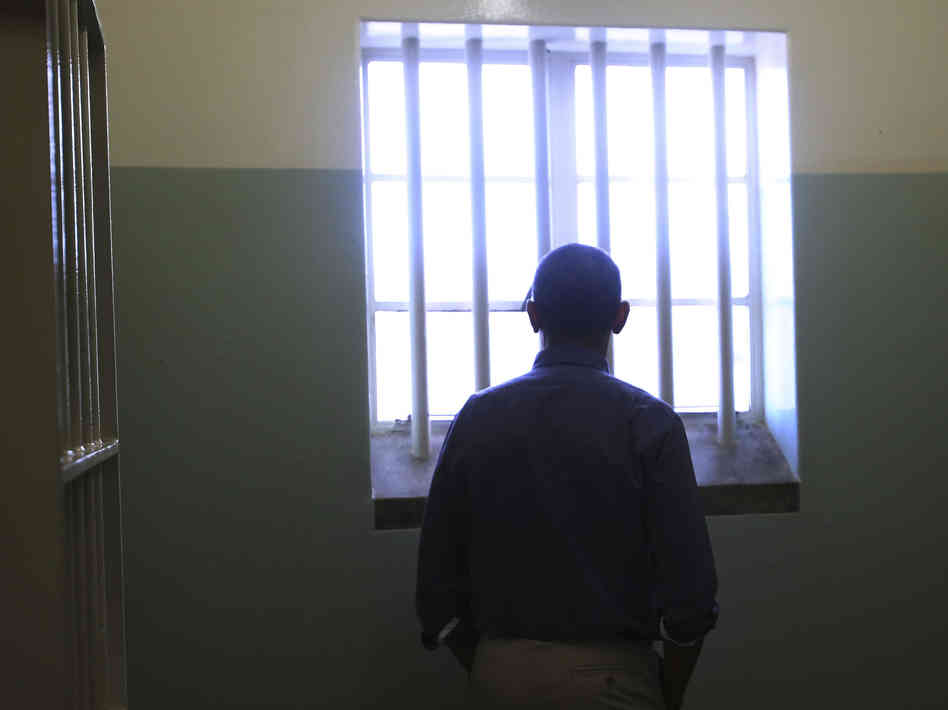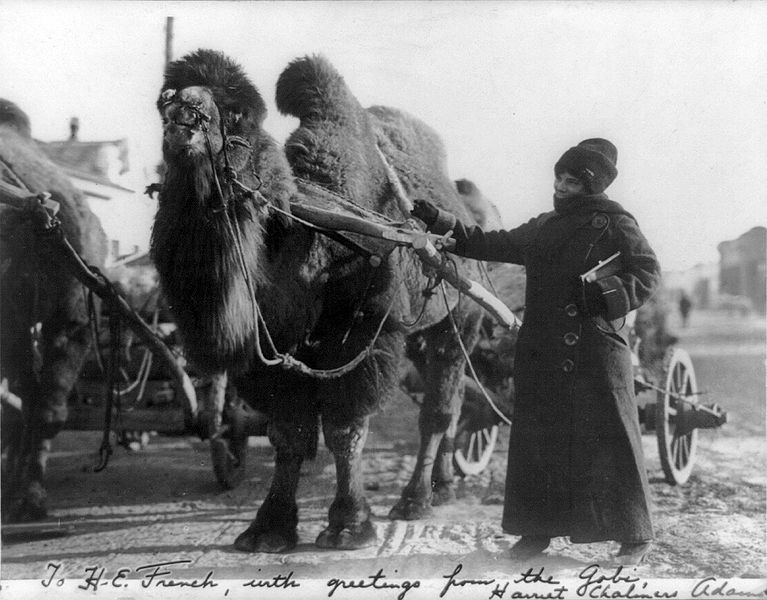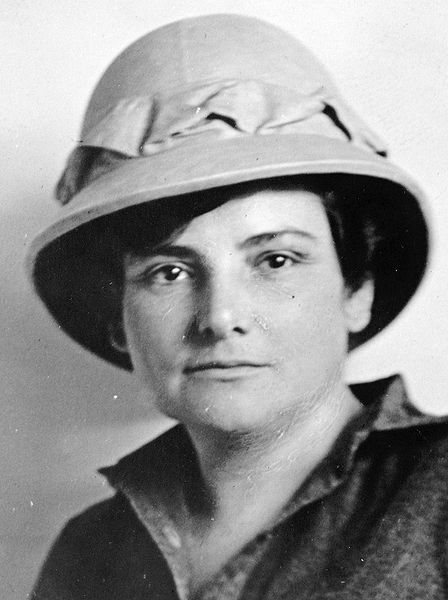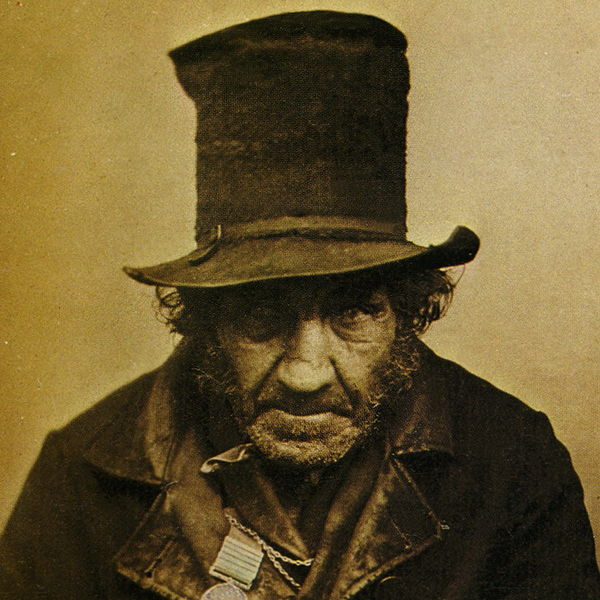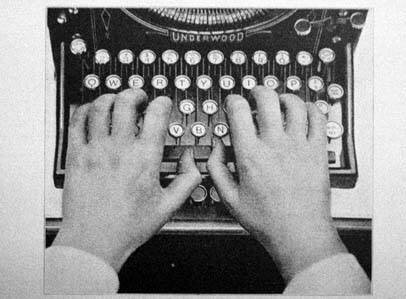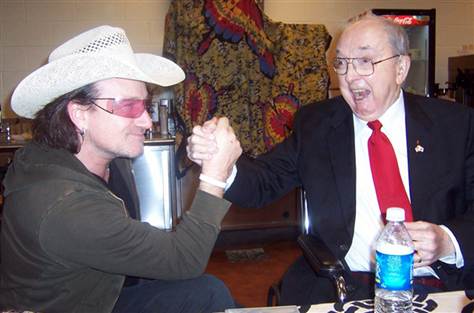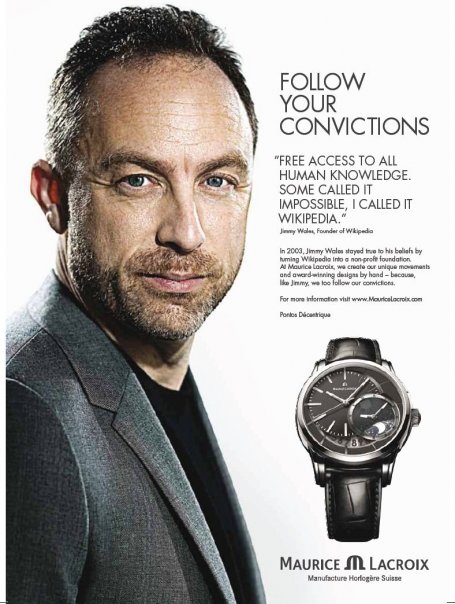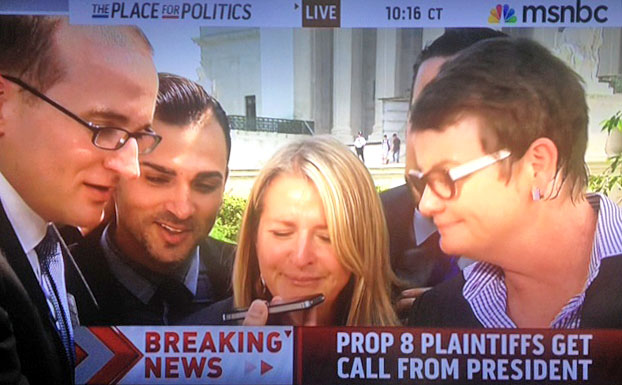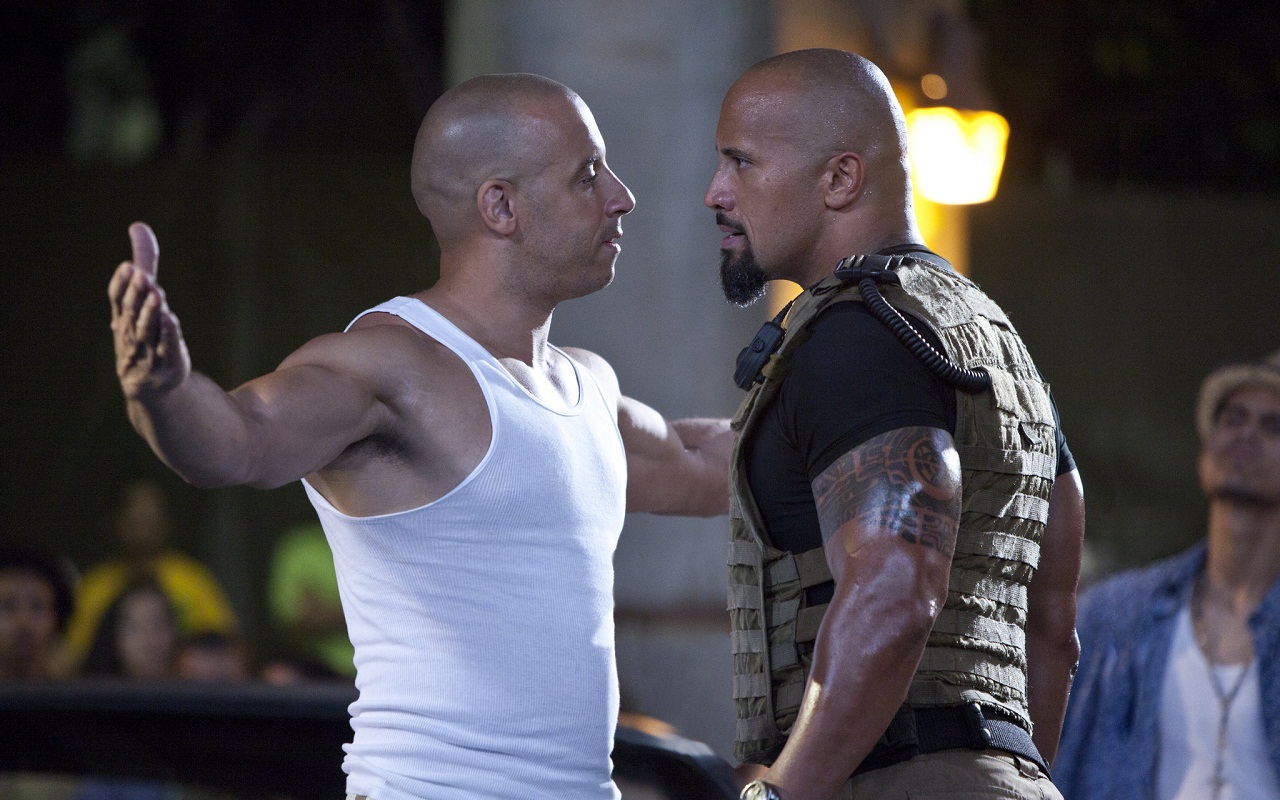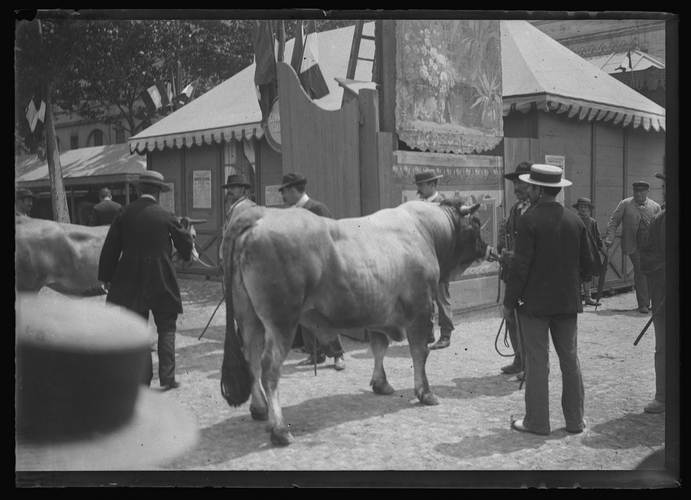
“A nurse and doctor tried to revive her, but she was dead.”
A hospitalized woman was frightened into the great beyond by an owl, and that was just the beginning of the madness recounted in this November 3, 1903 New York Times article—though at least it has a happy ending. The story:
“An owl which flew in by a window and perched on the foot of her bed frightened a woman to death in Gouvernour Hospital last night. The woman was Mrs. Elizabeth Forschleischer, forty-one years old, of 349 Madison Street.
It was about 8 o’clock when she lay in bed on the top floor, a window near the end of her bed, looking out on the river where the moon was rising, very large. A shadow seemed to cross the moon, and something hurtled through the window, and alighted at the foot of her bedstead. The creature was awesomely weird–she had never seen an owl before–and the terrified patient uttered a blood-curdling shriek.
In an instant the room was in an uproar. The other patients half rose in bed to see what was happening, and the entire staff of doctors, nurses, attendants, matrons and help of the hospital rushed to the top floor. Mrs. Forschleischer was found terrible agitated, and a nurse and doctor tried to revive her, but she was dead.
The owl meanwhile had flown to the lintel of a window, near the ceiling, and ‘te-whoo-ed’ and spread his wings. He was a foot high. A consultation was held. Dr. Emily Dunning, the woman ambulance surgeon, suggested a ladder; Dr. Batchelder, the house surgeon, a pole; Dr. Horowitz, dousing him with water; and other suggestions were made hurriedly. It was decided to try the pole.
A long curtain pole was secured by Mr. Helliken. The bird hooted at him as he made the first lunge, but the second came too close and the owl set out for the other end of the room. He hit the wall a dozen times in his flight, banged his head and body against the bedsteads and clothing and wall projections, and finally clung to a door lintel, somewhat higher than he had been before.
Most of the women patients were terribly frightened, and the nurses had to reassure them, but some laughed at the fun, sat up in bed, and joked as the pursuit of the bird went on unavailingly.

“He was put under the waste paper basket and fed on stewed prunes.”
Half a dozen failures with the pole and the caustic comments of doctors, nurses and patients led Dr. Milliken to give up in disgust. Miss Weyer, the head nurse, and Matron Stowers then tried it, but the owl clumsily, although successfully, eluded their pokes at him. He led them a chase all over the ward, while some patients screamed and others laughed heartily.
Then Dr. Horowitz wanted his suggestion of turning the hose on the owl taken up.
‘You see,’ he said. ‘If you wet his wings he can’t fly.’
This was deemed incontrovertible, and a huge syringe was trained upon the owl by Dr. Horowitz and an assistant.
‘Fire,’ cried Dr. Horowitz, and a pail of water was discharged at the bird. It came nearer hitting the nurses than the owl, struck the wall, splashed all over it, showering pictures, bed clothing, some patients, and the floor, and a caused a shower of sarcasm to fall on Dr. Horowitz’s head. The owl did not move.
There was a tacit understanding that the plan had proved such a failure that it should not be repeated. Then Mr. Batchelder said chloroform was the only thing that would subdue the bird and bring the excitement to an end. He tied a piece of gauze to the end of the curtain pole and dipped it in chloroform.
The owl was clinging for dear life to a picture frame, which swung to and fro under his weight and frightened him more than the pursuers did. The chloroform, with great precautions, was pushed near him. He gave a loud ‘to-whoo’ of disgust, and once more flew away, clumsily banging against a dozen things in a flight of six feet and alighting on a window ledge. Again the chloroform was gingerly shoved toward him.
‘Nice birdie,’ said Dr. Batchelder, coaxingly. ‘Pretty bird; smell o’ that. Go to slee-ee-eep, birdie.’
But the owl was off again, like an aeroplane that doesn’t work, hitting some of the nurses in the head in his awkward flight.
‘Here’s what’ll do the trick,’ said Dr. Dunning, coming in with a waste paper basket tied to the end of a pole. Another chase began, and all made attempts to catch the owl in a basket, as a child would catch a butterfly in a net. The doctors and nurses upset pictures, tables, glasses, and chairs, bumped against walls and beds, and made ineffectual dabs at the bird.
Then by mutual consent and initiative the entire hospital staff got sticks and clubs and tried to hit the owl. He flew this way and that, banging against everything in the room until he flew into the kitchen. There he was cornered, a stroke brought him to the floor and Miss Weyer captured him. He was put under the waste paper basket and fed on stewed prunes, which he seemed to like. The doctor intends to keep him.”

